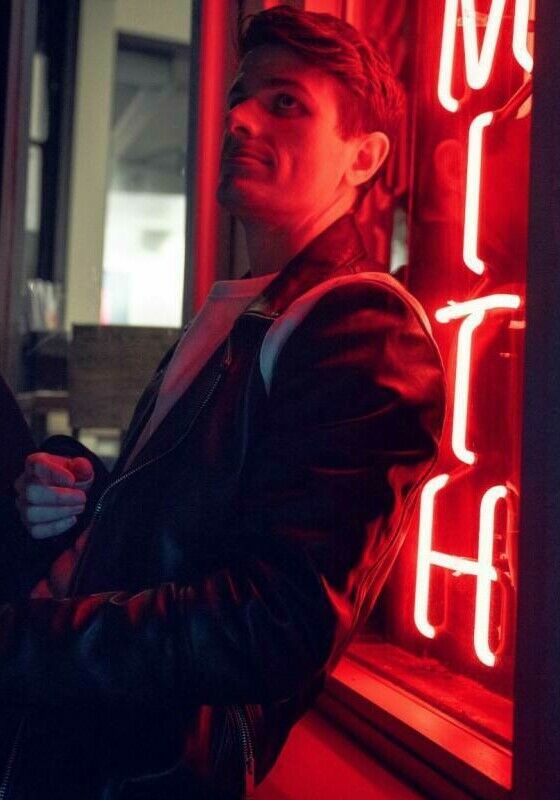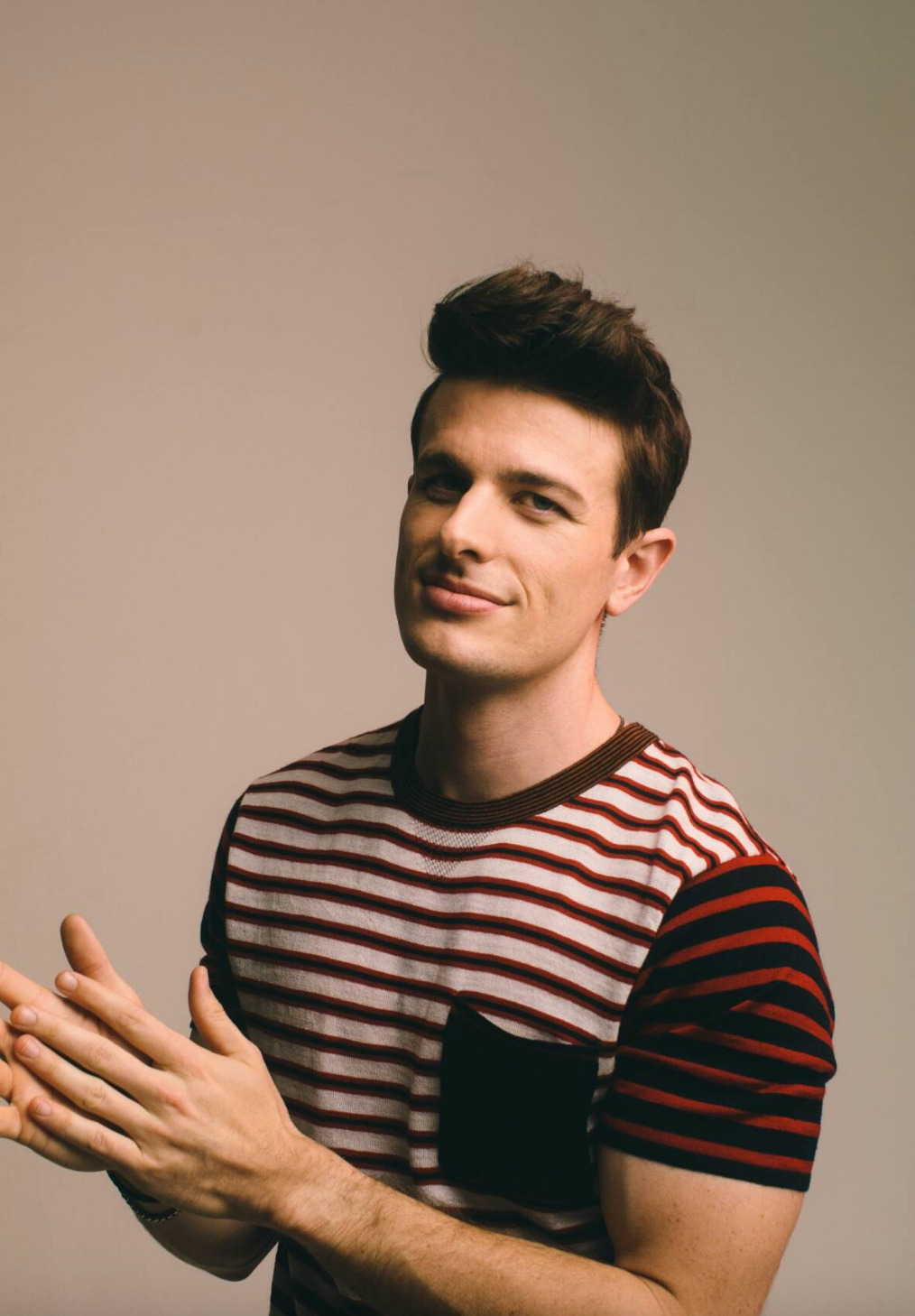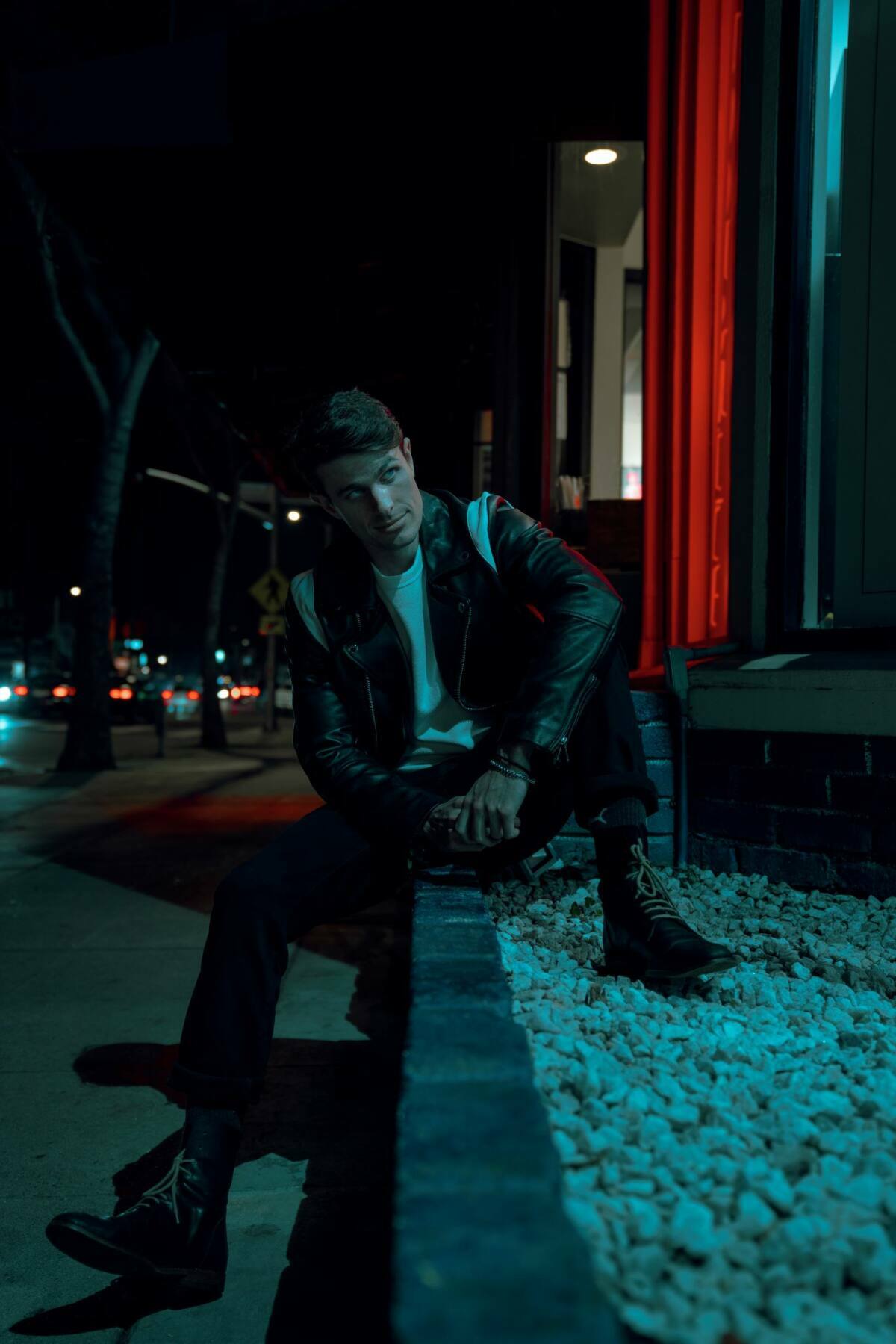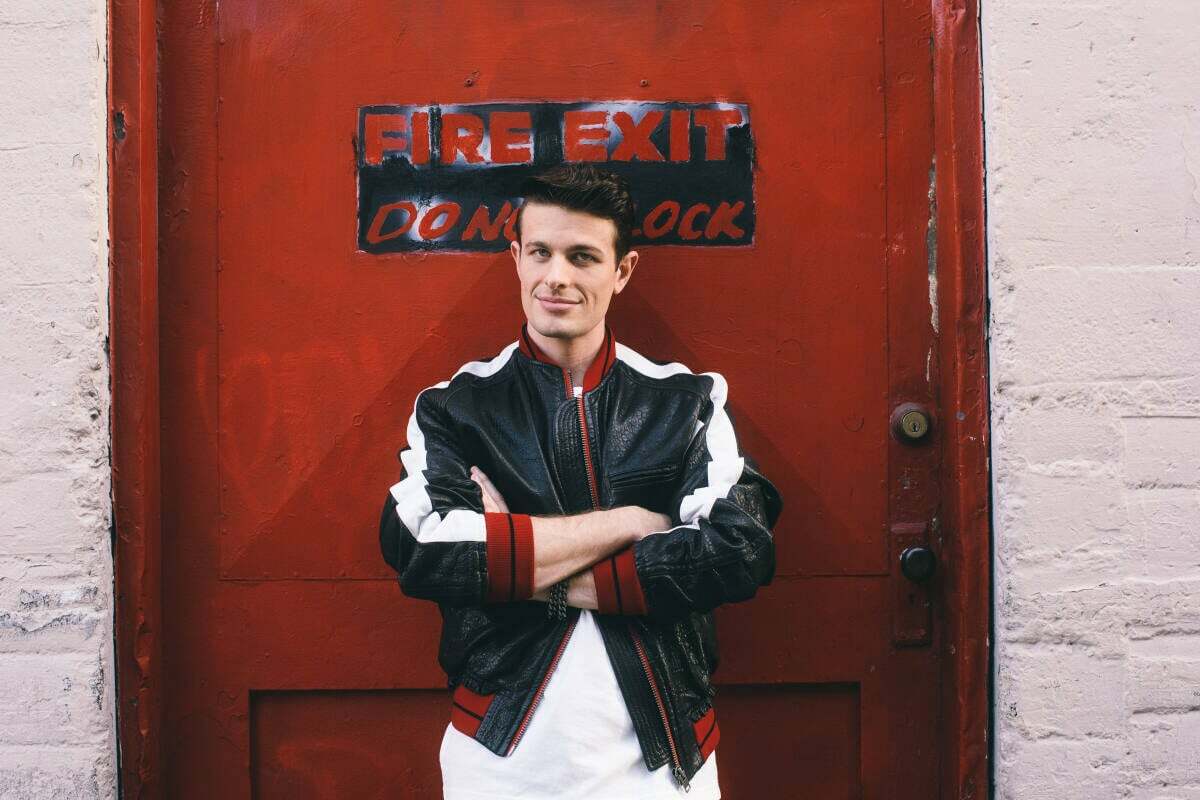American musician, multi-instrumentalist, singer, songwriter and record producer Josh Cumbee explains why his debut album, Trustfall is about heartbreak, struggle and quasi-redemption, reflects on working with Grammy winning songwriter Toby Gad and offers his thoughts on AI vocals and songwriters accusing others of plagiarisation.
Josh Cumbee is a morning person. “Yep! I’ve got my cold brew and I did my hot yoga. It's 9:30 am and I'm ready,” he enthuses from his home studio in L.A. “I tried to buck the stereotype of the night owl musician because a lot of the fun stuff happens in the morning, plus I get to talk to people across the pond,” he grins.
After finishing a music business program at University of Southern California, Cumbee ventured into TV composing, writing music for adverts and popular TV shows including The Bachelor, Ready for Love and America's Next Top Model. Another breakthrough came when he was hired to work at the studio of Grammy winning songwriter Toby Gad (best known for co-writing John Legend's All of Me and Beyoncé’s If I Were a Boy, among others)
“I saw a Craigslist ad that said, ‘Grammy winning producer seeks assistant engineer and everything else,’” he reflects. “I kind of felt like that’s the way that you get your kidney taken on the black market. Obviously I was like, ‘Well, that's worth it!’ That's worth a kidney and a half!”
Under Gad’s watchful eye, Cumbee wrote, produced, played instruments, programmed and engineered for artists including Janet Jackson, Sia, Madonna, Take That, Adam Lambert, Sean Paul, Galantis and Anastacia.
More high profile songwriting opportunities followed: Cumbee co-wrote three songs for Spanish artist Natalia Jiménez’s album, which was nominated for Album of the Year at the 2015 Latin Grammy Awards, and he has written for Armin van Buuren numerous times.






